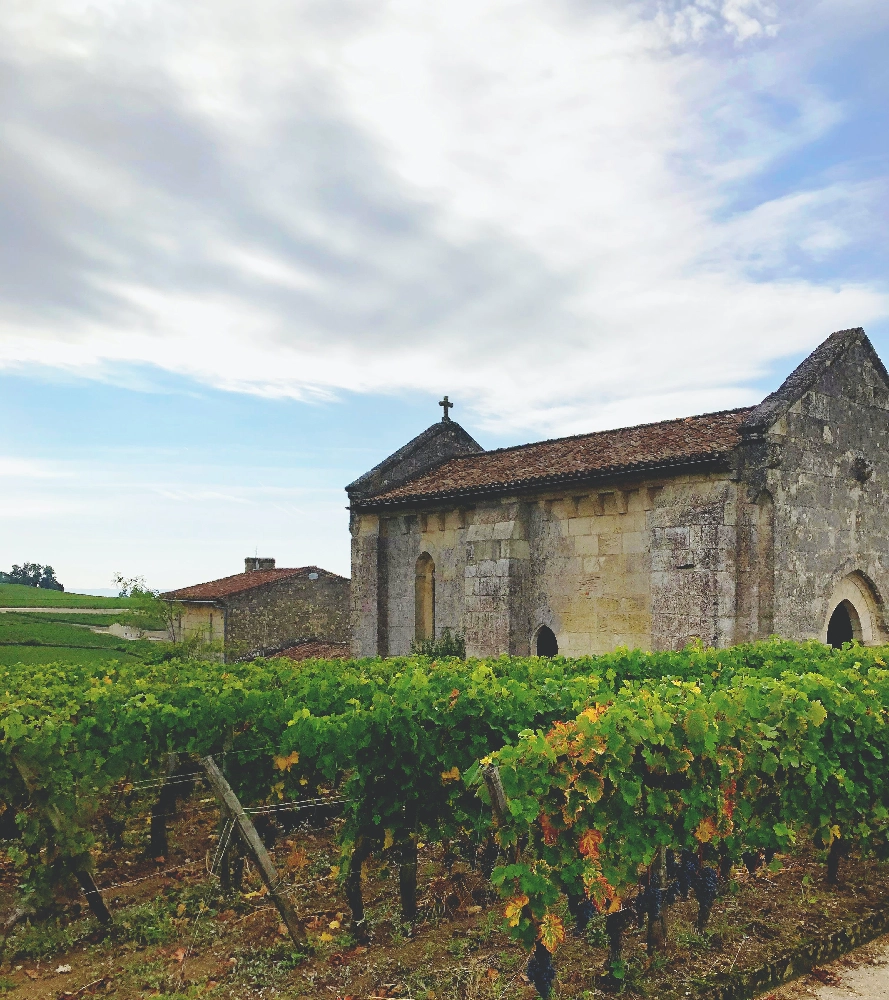
Muscat de Lunel Wineries & Wines Stats
Wineries
2
Wines
4
Muscat de Lunel: A Mediterranean Gem with Unique Viticultural Influence
Introduction: Muscat de Lunel, a relatively unknown yet fascinating wine region nestled in the south of France, boasts a rich history and unique viticultural characteristics that set it apart from other wine-producing regions. Located between Montpellier and Sète in the Hérault department of Occitanie, Muscat de Lunel is an intriguing blend of tradition, innovation, and natural beauty. In this review, we will delve into the region's history, wine style, grape varieties, and food pairings to provide a comprehensive understanding of the viticultural influence that shapes this remarkable wine-growing area.
Historical Context: With roots dating back to the Middle Ages, Muscat de Lunel has a longstanding connection to wine production. The region gained its reputation during the Roman era when grape cultivation was widespread throughout the Mediterranean. Over centuries, the region's winemakers have honed their skills, adapting to new techniques and challenges while preserving the unique qualities of Muscat de Lunel wines.
Viticultural Influence: The viticultural influence on Muscat de Lunel wines is primarily shaped by its Mediterranean climate and diverse terroir. The region experiences hot, dry summers and mild winters, which are ideal for growing the Muscat grape variety. The vineyards are situated along the coastline and nearby hillsides, allowing for a blend of sun exposure and gentle breezes that help to balance the ripeness of the grapes.
Wine Style: Muscat de Lunel wines are characterized by their aromatic, fruity, and floral qualities. The wines range from sweet to dry, with the sweet styles displaying luscious notes of candied fruit, honey, and orange blossom. Dry Muscat de Lunel wines showcase a more subtle fruitiness and crisp acidity, making them versatile pairings for various dishes.
Grape Varieties: Muscat grapes are the primary focus in this region, with over 50% of the plantings dedicated to this noble variety. The most commonly used Muscat grape is Muscat à Petits Grains, which produces wines with intense aromatics and complex flavors. Other varieties such as Muscat Blanc à Petits Grains and Muscat Noir are also grown but less frequently.
Food Pairings: Muscat de Lunel wines offer a diverse range of pairing possibilities, making them an excellent choice for various culinary experiences. The sweet styles complement rich desserts, fruity cheeses, and spicy dishes. Dry Muscat de Lunels can be paired with seafood, poultry, and lighter meat dishes. Additionally, their versatility makes them an ideal choice for aperitifs and cocktail creations.
Conclusion: Muscat de Lunel is a captivating wine region that offers an unparalleled blend of tradition, innovation, and natural beauty. Its unique viticultural influence is shaped by its Mediterranean climate, diverse terroir, and the noble Muscat grape variety. From the sweet, aromatic wines to the crisp, dry styles, there's a Muscat de Lunel for every palate and occasion. So whether you're seeking a new wine discovery or simply looking to expand your horizons, Muscat de Lunel is an exciting region that promises to delight and inspire.
